Boltgun Review: Warhammer 40,000: Violence by Stats
Over the past few years, Games Workshop has licensed its intellectual property to a wide range of video games, which has helped to expand its universe and character interpretations well beyond the tabletop game. It began somewhat earlier with Space Marine, which was more of a third-person action game similar to a movie tie-in. However, it quickly added three Total War: Warhammer games to its repertoire.
Things have been considerably more thrown off lately. Numerous mobile games have entered the race, and last year’s Chaos Gate: Daemonhunters was an unexpectedly strong turn-based strategy game. Even with Darktide, I still think Fatshark was on the verge of greatness, but the development updates are plodding and insignificant. With RTS games, roguelikes, hack ‘n slash games, and CRPGs, Warhammer has gradually migrated into new genres, all of which contribute to the universe’s intriguing expansion.
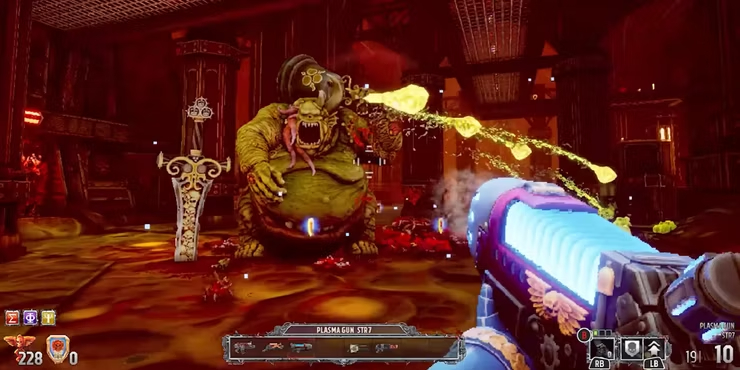
Boltgun, the classic first-person shooter Warhammer 40,000 is modeled after Doom. You can’t help but wonder why it’s taken so long for this excellent notion to come to pass. It seemed as though the two were meant to be together. In one, violence is the only solution to problems in a dark, visceral world full of blood, and in the other, well, they’re the same thing. In each of them, you’re even slaying demons!
Boltgun’s attractive pixel graphics sprites of your favorite cultists, Chaos Space Marines, and daemons are what catch your eye right away. The next thing you notice is the puddle of blood that appears as you use an explosive round from your weapon of the same name to break their skull. The brutality of the violence is not lessened by the retro art style; in fact, it may have the opposite effect. It feels appropriately horrible when the insides of multiple “sploded Space Marines” are clinging to your boots and trickling down the walls, even though the blood splatters are a cartoonish red and the sounds of the dying are more Saturday morning cartoon than Saving Private Ryan.
Light platforming and shooting everything in your way make up each level, although neither is very difficult. Though you have a wide range of weaponry at your disposal—from shotguns to plasma guns, chainswords to grenades—your boltgun will take care of most of your issues. Although the level structure might occasionally become a little complex and you may need to turn around at a dead end in order to find the necessary path, you can usually stay on objective by just following the swarms of daemons.
Really, not much more to it than that. Bosses that could potentially kill you once or twice feel more like bullet sponges than skill tests. You go between locations during a level, and although there are always interesting set pieces and fresh enemies to take you by surprise, the gameplay never really changes beyond “shoot shoot slice boom.” They are referred to as “boomer shooters,” I suppose.
However, there are methods to elevate the genre, which are expertly done in games like Prodeus. Boltgun is happy to emulate those many years of iterations, secure in the knowledge that its intellectual property will sustain it. It comes down to this in the end: if you appreciate Warhammer, you will probably enjoy passing a few hours with this. Warhammer 40,000: Boltgun bears numerous similarities to the Detective Pikachu film. Though it’s wonderful to see all of your favorite characters rendered in quirky pixel art sprites or hyperrealistic hyperrealism, there isn’t much depth to the visual appeal.
Although you probably already know whether or not you’ll enjoy this game, fans of the IP will have some fun here. Boltgun does not provide any surprises, but it does a good job of fusing the Warhammer universe with a genre that seemed perfect for it. It was successful in its attempt to be a Doom clone. That’s good in some aspects, but it’s unfortunate in others because a few unique ideas may have made this something truly unique.
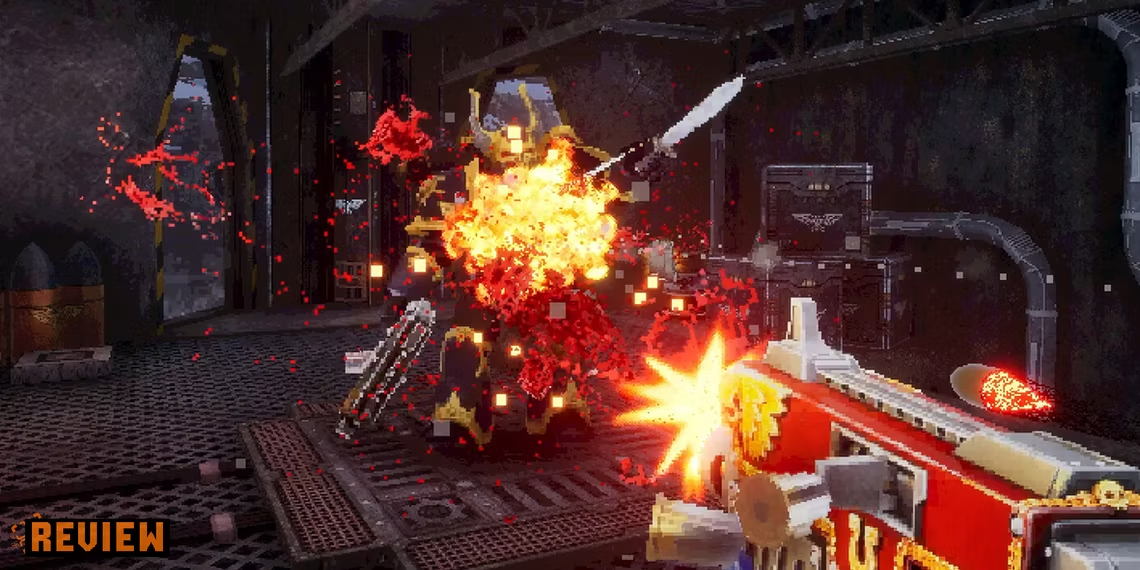



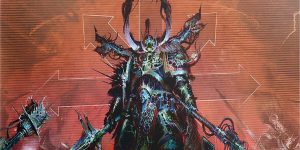
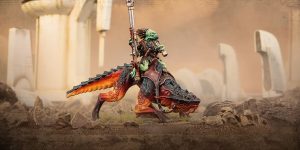
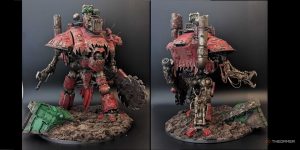
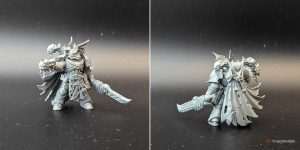
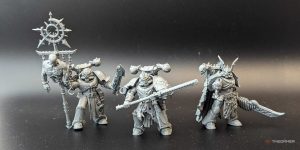
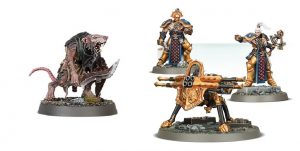
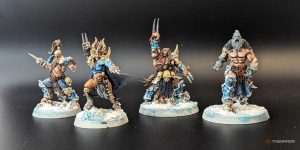

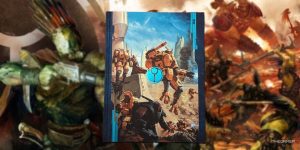
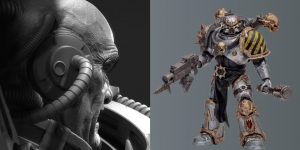
Post Comment